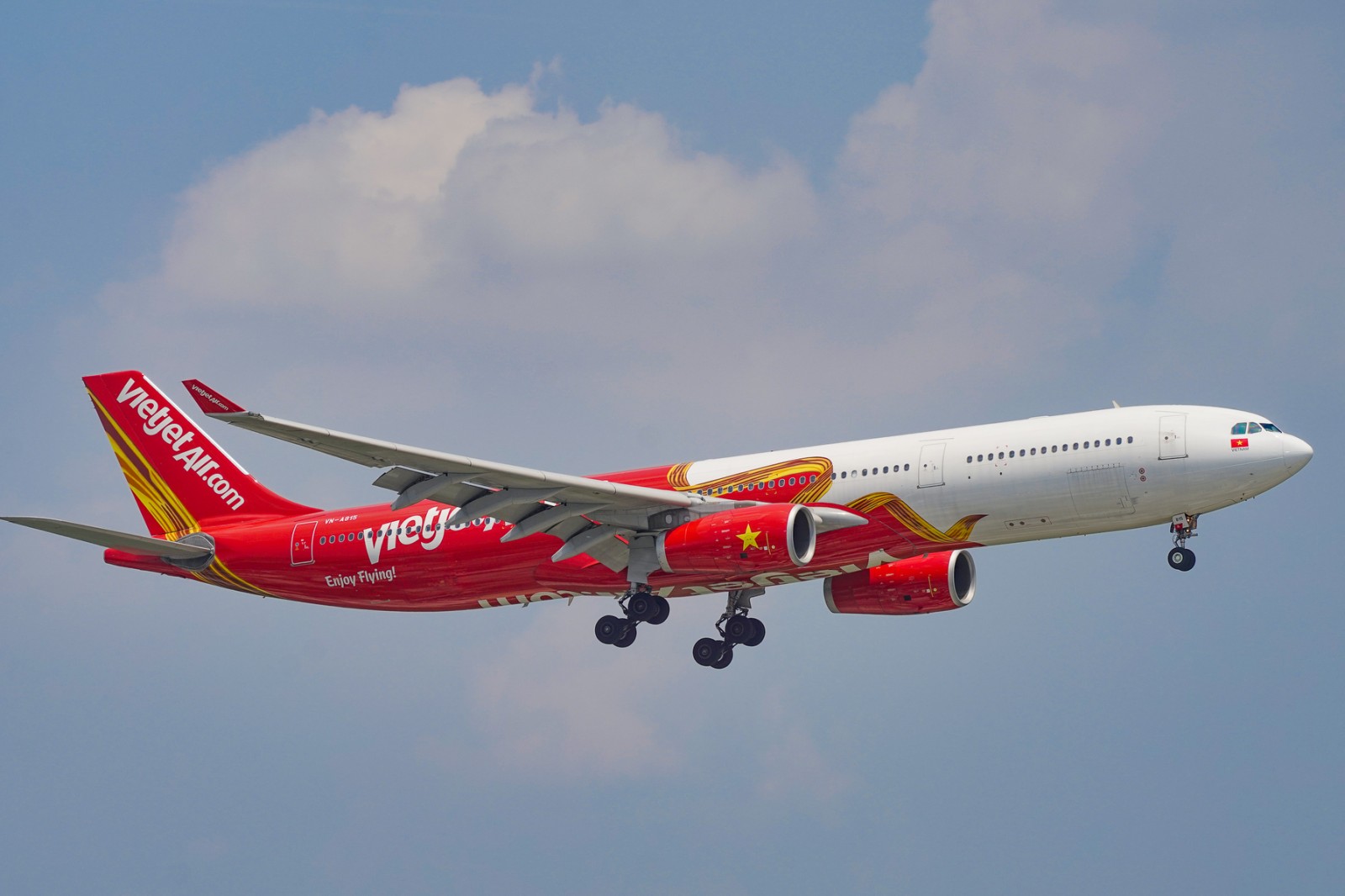
Aviation policy implementation shapes how air travel operates globally. Ever wondered how these policies impact your flying experience? From safety regulations to environmental considerations, aviation policies ensure smooth and secure skies. Did you know that these policies influence everything from ticket prices to flight routes? They also play a crucial role in managing air traffic, reducing delays, and enhancing passenger comfort. Understanding these policies can give you a new appreciation for the complexities behind every flight. Curious about how these rules come into play and who enforces them? Let's dive into 18 fascinating facts about aviation policy implementation that will make you see air travel in a whole new light.
Key Takeaways:
- Aviation policy is crucial for safe, efficient, and environmentally friendly air travel. It also impacts economic growth and international cooperation, ensuring a better travel experience for passengers.
- Aviation policies cover safety, environmental impact, technological advancements, passenger rights, and economic and social impact. They aim to make air travel safer, more sustainable, and accessible to all while boosting economies and international relations.
The Importance of Aviation Policy
Aviation policy shapes the way air travel operates globally. It impacts safety, efficiency, and environmental sustainability. Here are some key facts about aviation policy implementation.
-
Safety Regulations: Aviation policies prioritize safety. They establish standards for aircraft maintenance, pilot training, and air traffic control.
-
Environmental Impact: Policies aim to reduce aviation's carbon footprint. This includes promoting fuel-efficient aircraft and sustainable aviation fuels.
-
Economic Growth: Aviation policies can boost economies by improving connectivity and creating jobs in the aviation sector.
International Cooperation
Aviation is a global industry, requiring countries to work together. International cooperation ensures consistent standards and practices.
-
ICAO's Role: The International Civil Aviation Organization (ICAO) sets global aviation standards. It helps countries implement consistent policies.
-
Bilateral Agreements: Countries sign bilateral agreements to manage air services between them. These agreements cover routes, frequencies, and safety standards.
-
Open Skies Agreements: These agreements liberalize air travel between countries, allowing airlines to operate more freely and increase competition.
Technological Advancements
Technology plays a crucial role in aviation policy. It enhances safety, efficiency, and passenger experience.
-
NextGen Systems: NextGen air traffic control systems use satellite technology to improve navigation and reduce delays.
-
Drones and UAVs: Policies are evolving to integrate drones and unmanned aerial vehicles (UAVs) into airspace safely.
-
Cybersecurity: With increasing reliance on technology, aviation policies now include measures to protect against cyber threats.
Passenger Rights and Services
Aviation policies also focus on passenger rights and services, ensuring a better travel experience.
-
Compensation for Delays: Policies often require airlines to compensate passengers for significant delays or cancellations.
-
Accessibility: Regulations ensure that air travel is accessible to all, including passengers with disabilities.
-
Consumer Protection: Policies protect passengers from unfair practices, such as hidden fees or misleading advertising.
Environmental Sustainability
Sustainability is a growing concern in aviation. Policies aim to minimize the environmental impact of air travel.
-
Carbon Offsetting: Some policies encourage airlines to offset their carbon emissions by investing in environmental projects.
-
Noise Reduction: Regulations limit noise pollution around airports, benefiting nearby communities.
-
Sustainable Fuels: Policies promote the use of biofuels and other sustainable aviation fuels to reduce greenhouse gas emissions.
Economic and Social Impact
Aviation policies have significant economic and social implications. They affect everything from job creation to international relations.
-
Job Creation: The aviation industry supports millions of jobs worldwide, from pilots to airport staff.
-
Tourism Boost: Improved air connectivity can boost tourism, benefiting local economies.
-
Diplomatic Relations: Aviation policies can strengthen diplomatic ties between countries, fostering cooperation and mutual benefits.
Final Thoughts on Aviation Policy Implementation
Aviation policy implementation is a complex yet fascinating subject. Understanding aviation policy helps us appreciate the intricate systems keeping air travel safe and efficient. From regulatory frameworks to technological advancements, each aspect plays a crucial role. Policies ensure safety, efficiency, and environmental sustainability in aviation. They also address emerging challenges like cybersecurity and drone integration.
By staying informed about these policies, we can better understand the aviation industry's future direction. Whether you're an aviation enthusiast or just curious, knowing these facts can deepen your appreciation for the skies above.
Remember, aviation policies aren't static; they evolve with technology and societal needs. Keeping up with these changes can provide valuable insights into how air travel will continue to transform. So next time you board a plane, think about the policies working behind the scenes to make your journey possible.
Frequently Asked Questions
Was this page helpful?
Our commitment to delivering trustworthy and engaging content is at the heart of what we do. Each fact on our site is contributed by real users like you, bringing a wealth of diverse insights and information. To ensure the highest standards of accuracy and reliability, our dedicated editors meticulously review each submission. This process guarantees that the facts we share are not only fascinating but also credible. Trust in our commitment to quality and authenticity as you explore and learn with us.


